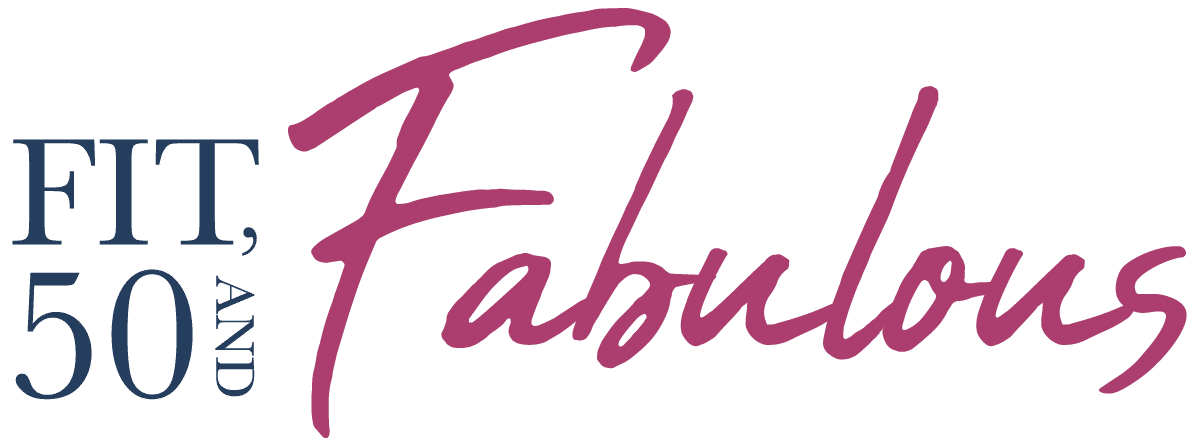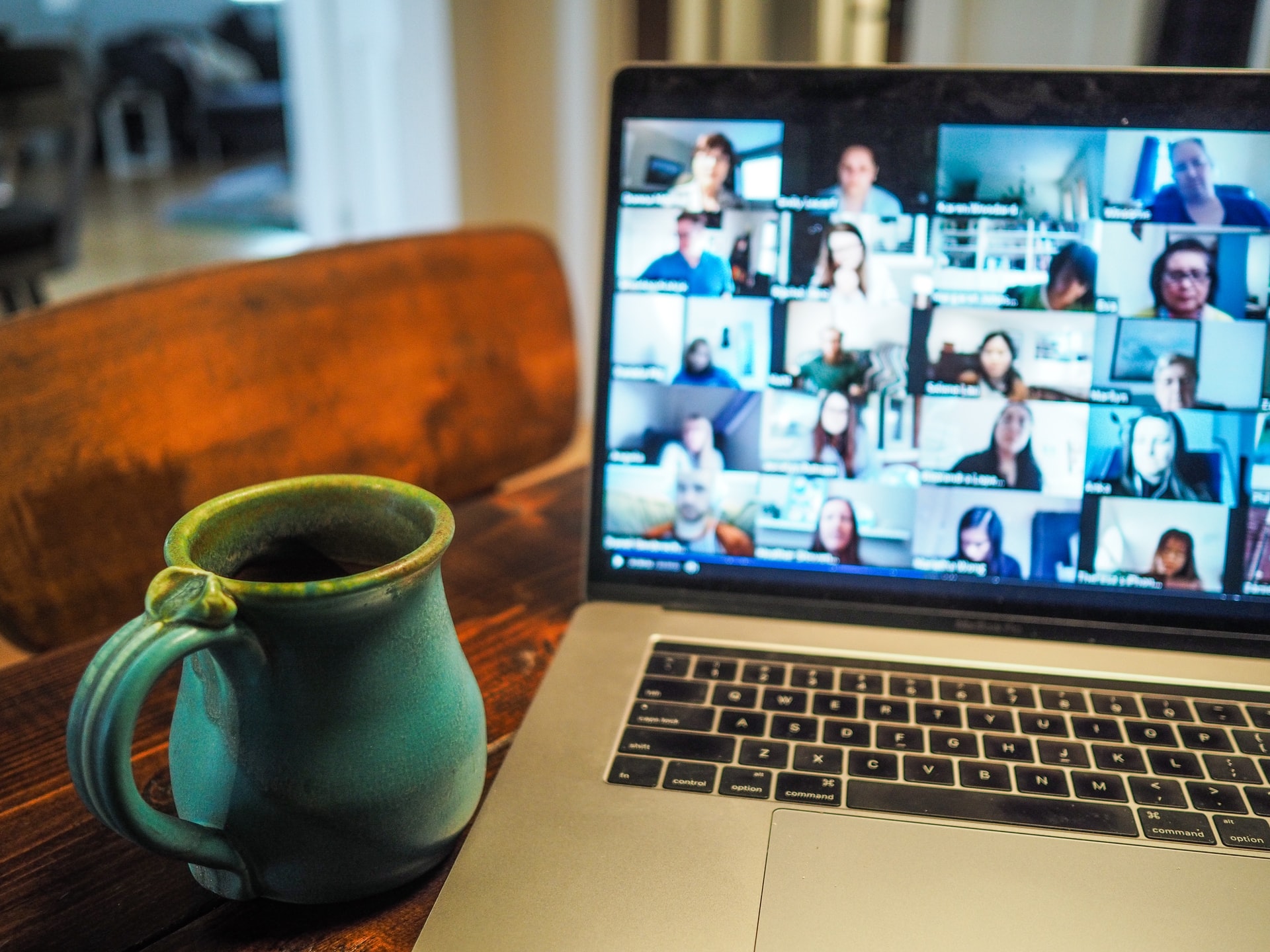Is a Nutrition Coach right for me? What is a Nutrition Coach anyway?
All great questions.
First, let me tell you how I feel about coaching in general. If you have a goal and you don’t know where to start, you need a coach. If you’ve tried to achieve a goal in the past and didn’t get the desired results, you need a coach.
Yes, you can learn any of these things by Googling, watching YouTube videos, or downloading an app to your phone. But here are some things that none of these tools give you: support, accountability, feedback, encouragement, and motivation.
Coaching with a real live person or as part of an engaged group of like-missioned people provides an entire support system that includes all of those elements. Oftentimes, that is the fundamental difference between success and failure.
Nowhere is this more important than in coaching for nutrition. I’m going to work this backward. First, I’ll tell you why I needed a Nutrition Coach and what one can do for you.
Why I needed a Nutrition Coach…
Eating is something we do every single day. From time to time, I consider it to be an Olympic-level sport. It didn’t make sense that I’d need a coach to help me do what I love. Based on the circumference of my waist, I clearly excel at it. Still, there were circumstances where I found having a coach to be necessary.
In my early 50s, I committed myself to go to the gym consistently. I was working a stressful job, and exercise helped me destress. Weight training is my exercise drug of choice, and I pursued it with complete aggression. But for all my hard work, I did not see the gains – and losses I thought I should. Meaning I wasn’t seeing the muscle tone I thought I should for doing 250 Fitball crunches and holding 3-minute planks. Nor was I seeing the scale drop precipitously for the hour-long sweat-drenching sessions I put in 5 days a week.
I needed a someone to help me make sense of it all.
My visit to a Registered Dietitian
Clearly, exercise alone didn’t get me the results I hoped for. It had to be what I was eating that needed some attention. I know what I weighed, and I know what I wanted to weigh. So, I made an appointment with a Registered Dietitian (RD). I mean, who knows more about food and dieting?
I religiously tracked my exercise in a logbook, which I brought with me so she could assess what kind of foods I needed to get to my goal weight. During the 30 minute appointment, she didn’t look at the book or address my workouts. Instead, she looked at my current weight and my goal weight and ran some numbers. She determined I needed about 1350ish calories a day to achieve my goal weight. She also gave me a percentage breakdown of the macronutrients of those calories (proteins, carbs, and fats), told me to cut out sugary foods and my beloved breakfast cereals and oatmeal. There was no diet plan and no list of foods to eat.
Since I tracked my exercise to chart progress, she suggested that I track my food intake. I initially resisted but quickly relented. Once I got into the habit of logging my food and looking at the data, I immediately began to see the value of tracking my food, mostly because I could see when I needed to stop eating.
I lost about 8 pounds in about 4 months. Yes, it was a very slow process, but I was making progress towards my goal weight. However, my workouts suffered. I was tired and often couldn’t complete a session. My strength had not progressed, and I was hungry all the time.
There had to be a something else I was missing. I found out what it was by accident.
The mystery and miracle of macros
It was a conversation with a fellow fitness enthusiast where I was introduced to the concept of counting macros. I joined a Facebook Group, and that’s I finally started learning about nutrition, calories, and what my body actually needed to see the results I wanted.
While the RD gave me a percentage breakdown of my macros, I still didn’t know what that meant in practice. I knew about reading food labels in terms of calories, but never in terms of macros. Translated, it meant I never paid attention to how many grams of proteins, carbs, and fats I should be eating. I only focused on total calories.
To look at food in terms of macronutrients, not calories, and what that meant for my weight loss and strength training goals was a total mind shift. Yet, I struggled to put it all together. Add to it the fact that my 50+-year-old female body used and digested all those nuggets of nutrients much differently than 20 or even 30-year-old female body does. To understand that, I needed more help.
Enter my Nutrition Coach.
What is a Nutrition Coach?
I could have gone back to the RD, but I felt my experience lacked something I was needing.
Coaching.
Not only did I need someone to explain how macros worked in practice, but I also needed someone to understand me, my culture, lifestyle, values, goals, eating habits, strengths, weaknesses, fears, and challenges. These combined aspects represent the biopsychosocial makeup of a person. All of them must be considered to render a successful outcome. Notice I said outcome, not goals. I can reach my goal weight and still be unhappy with the outcome.
I needed someone invested in my desired outcome.
This is what a Nutrition Coach does. They will review your goals in the context of you as a whole person, and guide the implementation of a diet or eating plan that fits your specific life and situation. After all, there is so much more that goes into reaching a weight loss goal than just the food you eat.
Fundamentally, coaching is about creating a connection and a set of emotional experiences and helping you feel the way you want to feel. I could be spot on with my macro counting and still harbor negative feelings about my body and gravitate towards food for emotional comfort. A Nutrition Coach will help you look at your achievements and struggles objectively and worked with you to identify ways to overcome sticking points or look at things from a different perspective. Ultimately, they help guide you to your own conclusions and continually refined the conversation as you make progress. They are your cheerleader, sounding board, motivator, and they hold you accountable to yourself and your goal.
Finally, sense and success
I found my Nutrition Coach through the macros Facebook Group I joined. I thought that meeting with an online Nutrition Coach wouldn’t work out well. After all, I met with my RD in person at her office and assumed that anything involving coaching would need to be done in person.
I was wrong.
During my hour-long virtual intake session held over What’s App (this was pre-COVID, so Zoom hadn’t yet taken the world by storm), my coach obviously asked me about my goals but also asked ‘why.’
Wow.
I hadn’t been asked that question, and the fact that he did tells me he was digging deep and not just there to help me figure out how to count my macros.
Here’s something else I learned, which was incredibly validating.
I wasn’t eating enough calories to achieve my goals. How did he know that? He took the time to understand the how, when, where, and my workouts and goals. My Nutrition Coach took my feedback and proposed macronutrients. He guided me on what to eat and when, so my diet would be effective for my goals.
Of course, actually executing all he had given me was still up to me. But he held me accountable with weekly assessments and check-ins. When I complained that I hated taking pictures of myself once a month and weighing myself every week, he again asked me ‘why.’ He helped me refocus on my long-term goal and applied a little tough love in place of my pity party.
The results? After 90 days, I was down a total of 20 pounds, lost two pant sizes, 1 shirt size, and reduced my body fat percentage by 6%.
What a Nutrition Coach won’t do
Having a Nutrition Coach was invaluable for me. I learned what was in my food and how it impacted my exercise, body composition, and ultimately, the results. I stopped beating myself up for off-days and realized they don’t define me. Having that feedback and that cheerleader in my corner was a game-changer.
Here’s what a Nutrition Coach won’t do for you. They won’t do the work for you. That’s all up to you. If you are honest with yourself and your Nutrition Coach about your goals and struggles, there’s no way you won’t be successful in reaching your goals.
Final Words
If you’re still looking for the answer as to whether you need a Nutrition Coach, I’ll ask you – Do you think you need a Nutrition Coach? Have you tried multiple diets with some success yet gained back all the weight 3 months or a year later? Do you need to dig a little deeper on ‘why’ you want to lose weight? Do you think it would be helpful for someone to understand that you work 12-hour night shifts or travel a lot, and it’s hard to eat normally at all? Then I’d suggest that a Nutrition Coach is exactly what you need.
I worked with my Nutrition Coach for 9 months, then stopped, but still maintained my weight loss within 3 pounds of my goal weight. I took what I learned from him and can apply it to every meal, every day. I’m not always successful, but that’s okay. What I learned about myself and my relationship with food can never be taken from me.

